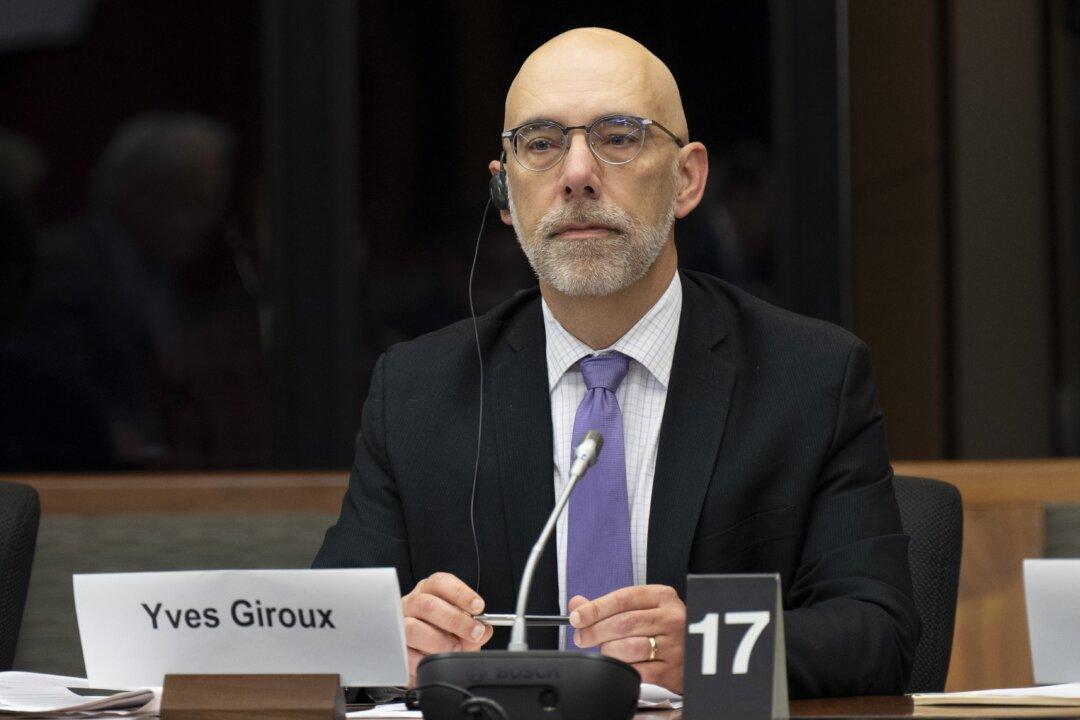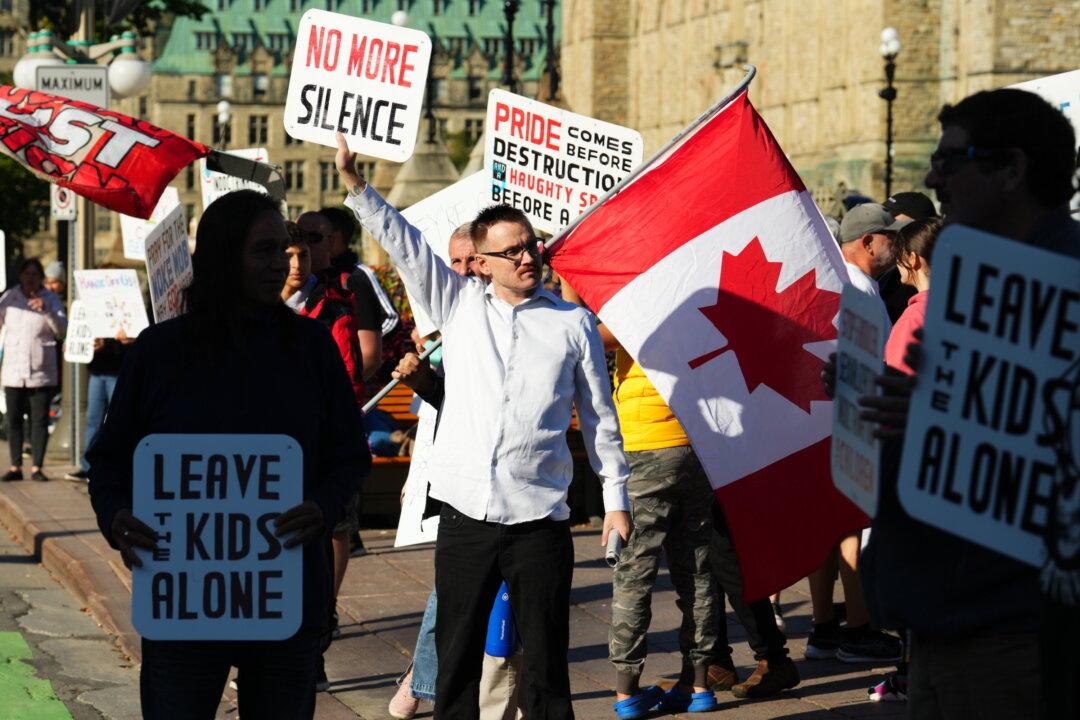Parliamentary Budget Officer Yves Giroux is conducting the first-ever independent analysis of the subsidies provided to newsrooms in the wake of the government doubling payroll rebates to $29,750 per year for employees of approved news organizations.
Mr. Giroux has requested specific data for his analysis, which includes the number of newsroom employees benefitting from the rebate and their respective salaries, as first covered by Blacklock’s Reporter. A specific date for the release of this analysis hasn’t been set.





